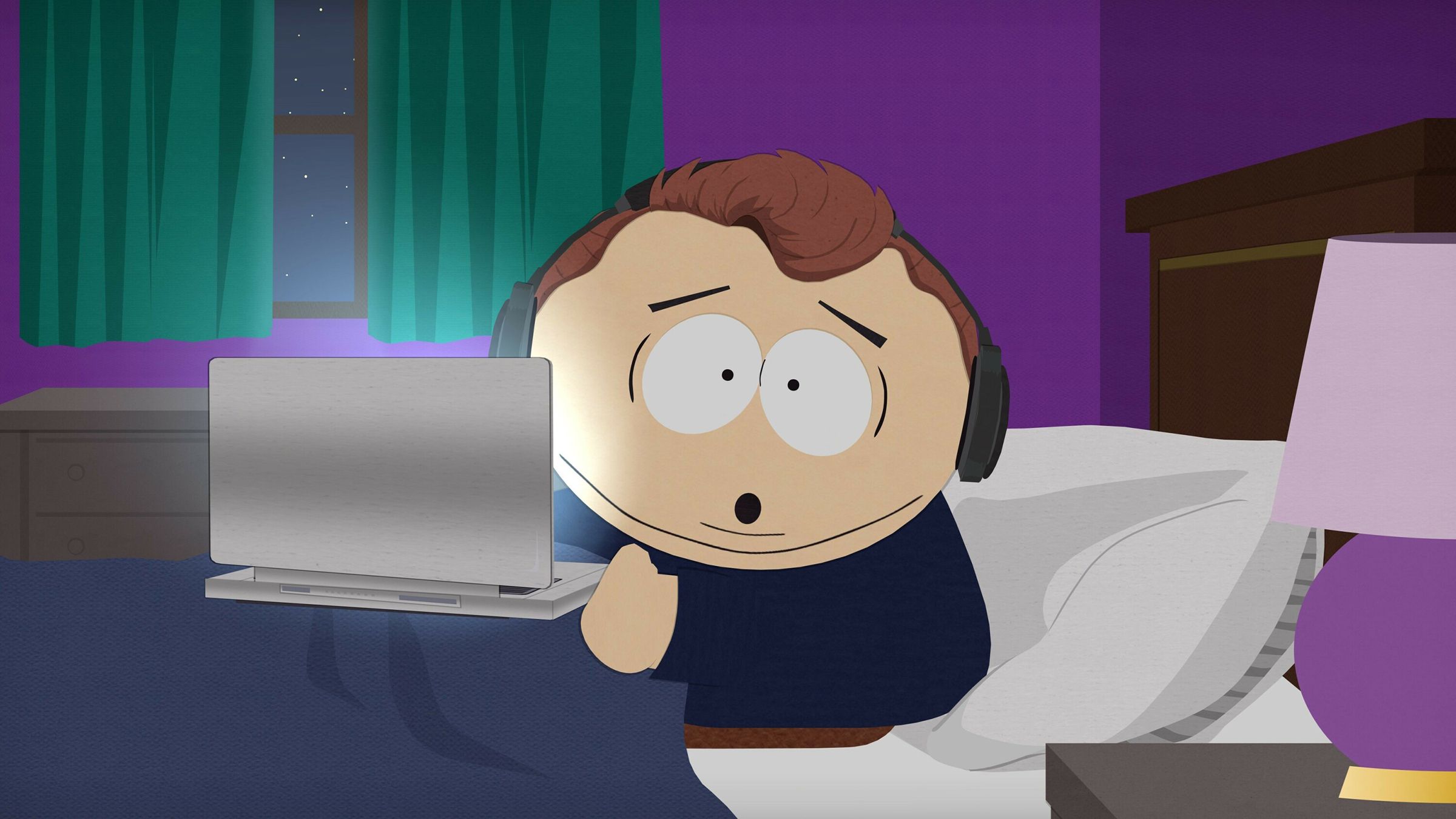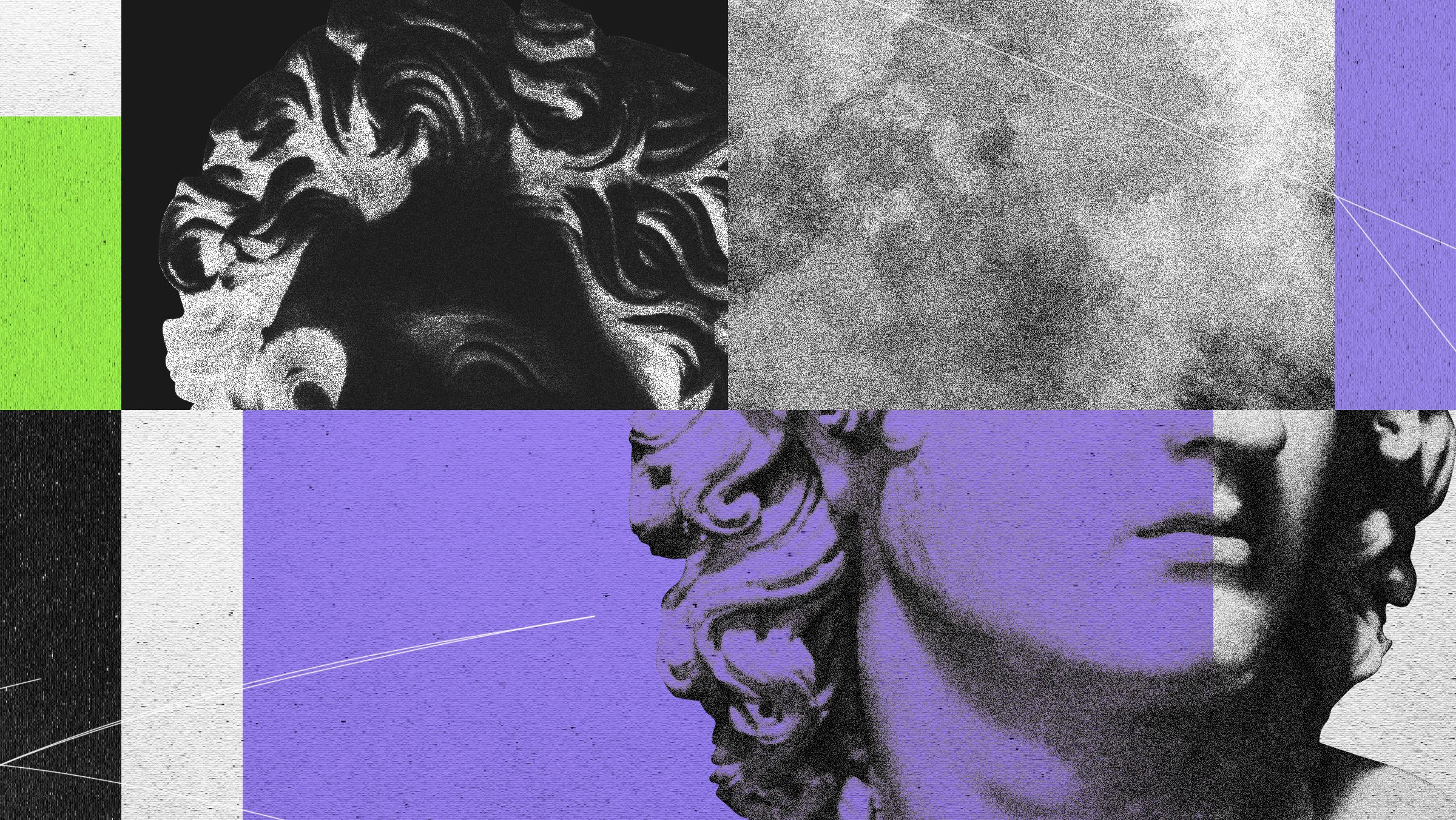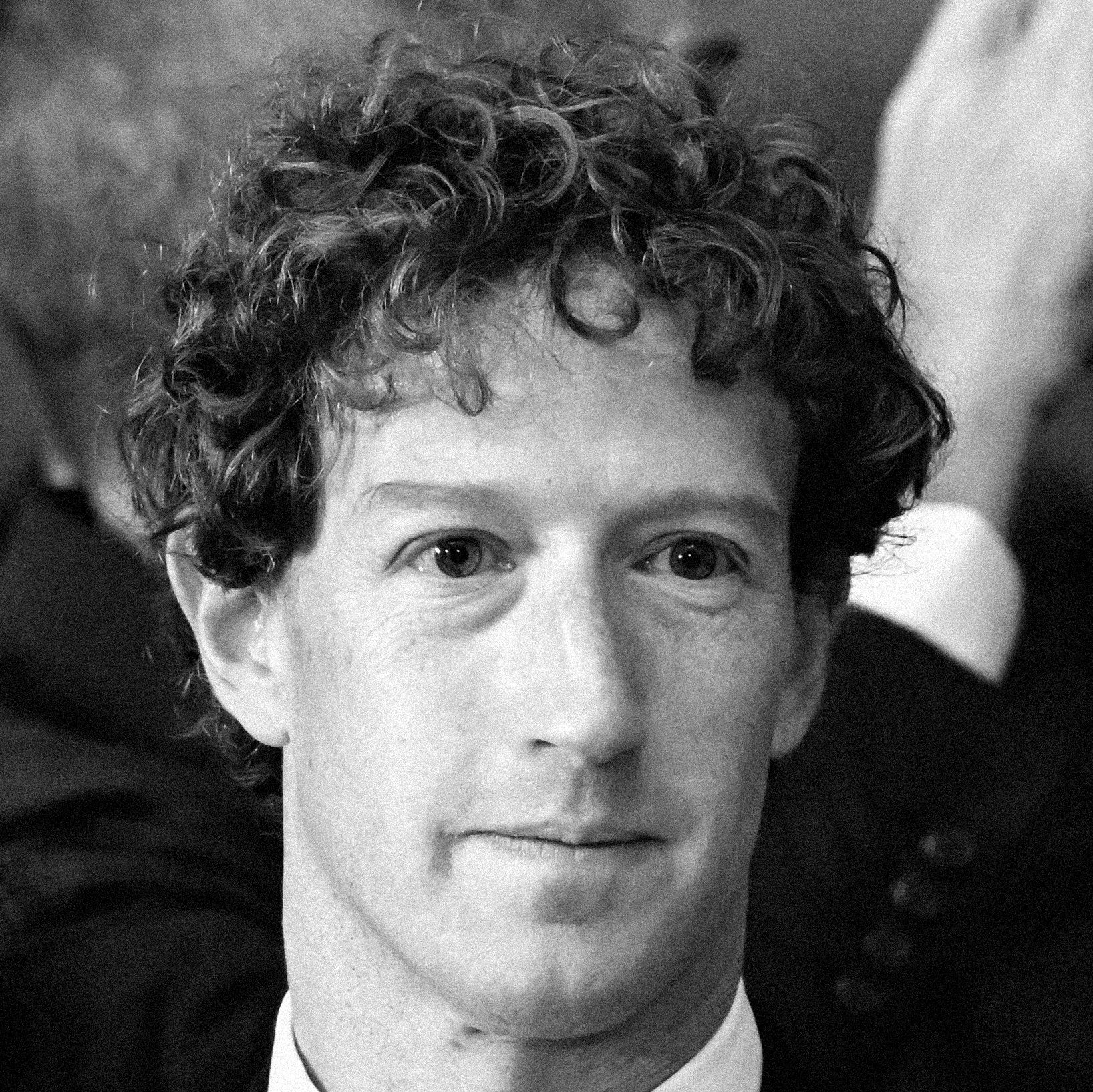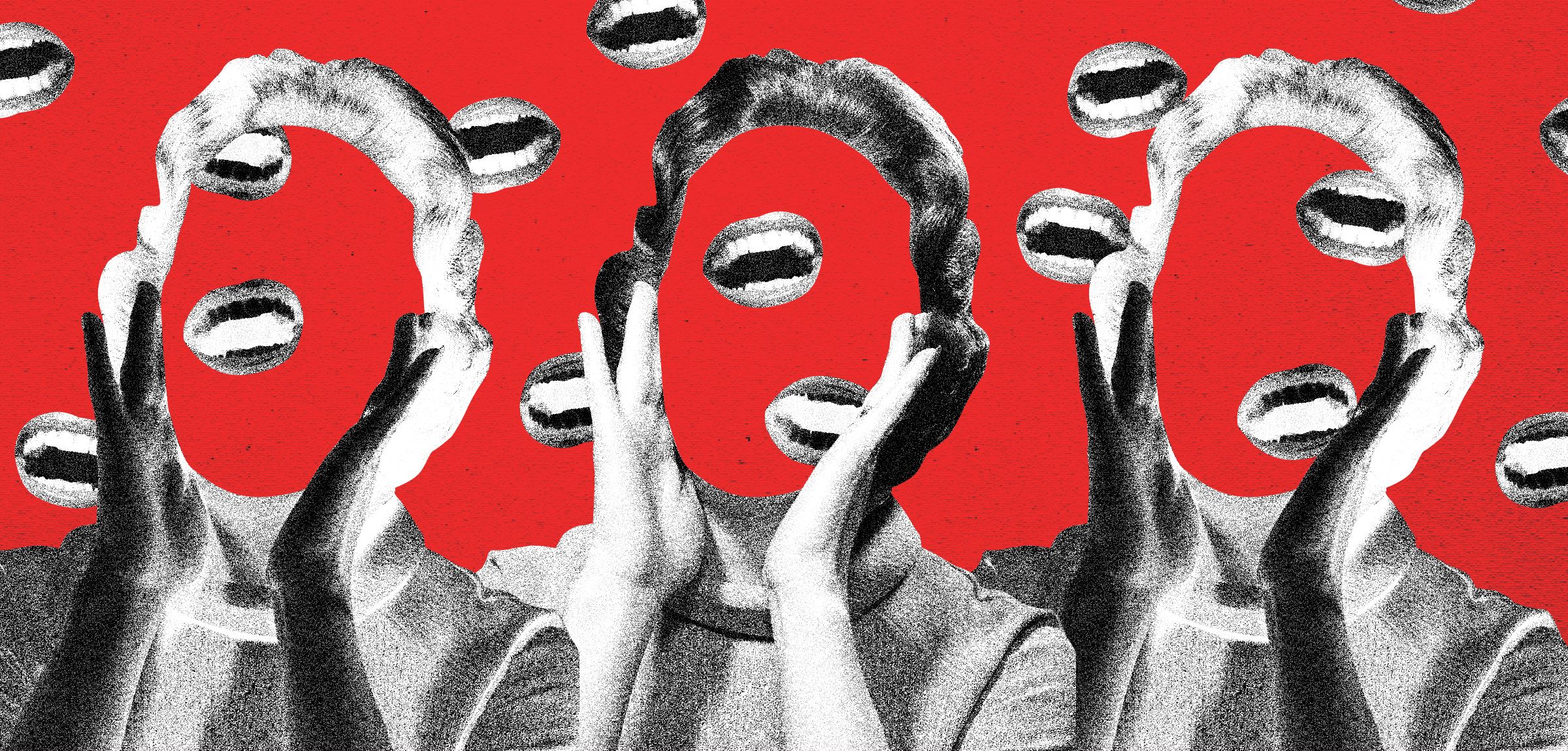Cancel Culture Comes for Artists Who Posted About Charlie Kirk’s Death
Cancel Culture Comes for Artists Who Posted About Charlie Kirk’s Death
Recently, a controversy erupted online when several artists posted insensitive comments about the death of…

Cancel Culture Comes for Artists Who Posted About Charlie Kirk’s Death
Recently, a controversy erupted online when several artists posted insensitive comments about the death of conservative commentator Charlie Kirk. These posts were met with swift backlash from his supporters and others who deemed the comments to be highly inappropriate.
Cancel culture, a phenomenon where individuals or groups are publicly shamed or ostracized for their actions or statements, has become increasingly prevalent in today’s society. In the case of the artists who posted about Kirk’s death, many called for them to be canceled and their work boycotted.
Some argued that the artists had crossed a line by making light of a person’s death, regardless of their political beliefs. Others defended their freedom of speech and right to express themselves however they see fit.
Despite the varying opinions, one thing was clear – cancel culture had once again reared its head and targeted individuals for their perceived transgressions.
It raises important questions about the limits of free speech and the power of social media to hold individuals accountable for their actions. Should artists be canceled for making offensive remarks, even if they are intended as jokes?
As the debate rages on, it is evident that cancel culture is here to stay and will continue to influence how we interact with one another online.
While some may see it as a form of justice and accountability, others view it as a dangerous trend that stifles creativity and silences dissenting voices.
Ultimately, the controversy surrounding the artists who posted about Charlie Kirk’s death serves as a reminder of the power and pitfalls of cancel culture in today’s digital age.







